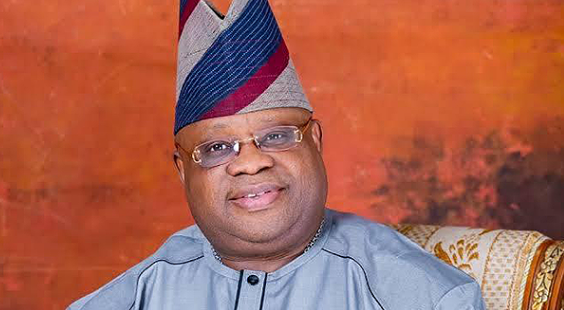Abuja, Nigeria–Despite record budget allocations and increased revenue inflows, most Nigerian states failed to meet their capital expenditure targets in the first half of 2025, largely due to procurement delays, insecurity, and rising costs, an analysis of second-quarter Budget Implementation Reports has shown.
Data from 31 states revealed that only ₦2.75 trillion was disbursed for capital projects between January and June 2025—just 15.7% of the ₦17.51 trillion budgeted for capital expenditure this fiscal year.
This shortfall has severely hampered infrastructure development, delaying road construction, healthcare expansion, school renovations, and other essential projects that directly impact citizens’ quality of life.
The persistent underperformance follows a similar pattern in 2024 when states budgeted ₦11.34 trillion for capital projects but fell short by nearly ₦4 trillion, largely due to declining revenues, high wage bills, and debt servicing obligations.
Despite significant fiscal gains from fuel subsidy removal and exchange rate reforms, most states still prioritized recurrent expenditures—such as salaries, allowances, and administrative overheads—over long-term investments in development.
Between January and June 2025, states collectively spent ₦2.36 trillion on recurrent costs, slightly surpassing capital expenditure.
Mixed Performances Across States
While some states demonstrated strong capital spending, others fell far below expectations:
- Imo State led in absolute capital spending with ₦188.1bn, followed by Bayelsa (₦238.29bn), Abia (₦133.1bn), Edo (₦179.56bn), and Akwa Ibom (₦179.76bn).
- Enugu posted the highest capital-to-recurrent ratio at 81.9%, spending ₦99.59bn on capital and ₦22.06bn on recurrent.
- On the other hand, Kogi, Ekiti, Osun, Oyo, and Cross River allocated significantly more to recurrent expenses than capital, raising concerns about long-term development planning.
In Benue, where only ₦23.32bn was spent on capital projects, Governor Hyacinth Alia cited insecurity as a major constraint, noting that ongoing violence had stalled key infrastructure projects.
Ebonyi, Yobe, and Zamfara also reported capital performance below 20%, attributing delays to procurement bottlenecks, cost inflation, and planning challenges.
Federal Government Calls for Action
President Bola Tinubu, responding to growing concerns, recently urged state governors to increase investment in infrastructure, particularly in rural electrification, mechanised agriculture, and poverty alleviation.
“We need to change the story in rural areas. The economy is recovering, but we must stimulate inclusive growth,” Tinubu said, calling for closer collaboration between states and the Federal Government.
Despite these calls, analysts warn that unless states address structural issues—such as slow procurement, weak fiscal discipline, and poor oversight—development targets may remain unmet.
Expert Perspective
Professor Segun Ajibola, an economist at Babcock University, noted that excessive recurrent spending continues to undermine capital development at the subnational level. “Without adequate oversight and investment discipline, grassroots citizens will continue to see little benefit from government spending,” he said.
As Nigeria enters the second half of 2025, many states have expressed optimism that capital performance will improve. However, experts caution that unless bottlenecks are addressed urgently, the momentum for economic recovery and infrastructure expansion may falter.
By Taiwo Olatinwo/ August 20,2025
Discover more from DnewsInfo
Subscribe to get the latest posts sent to your email.




